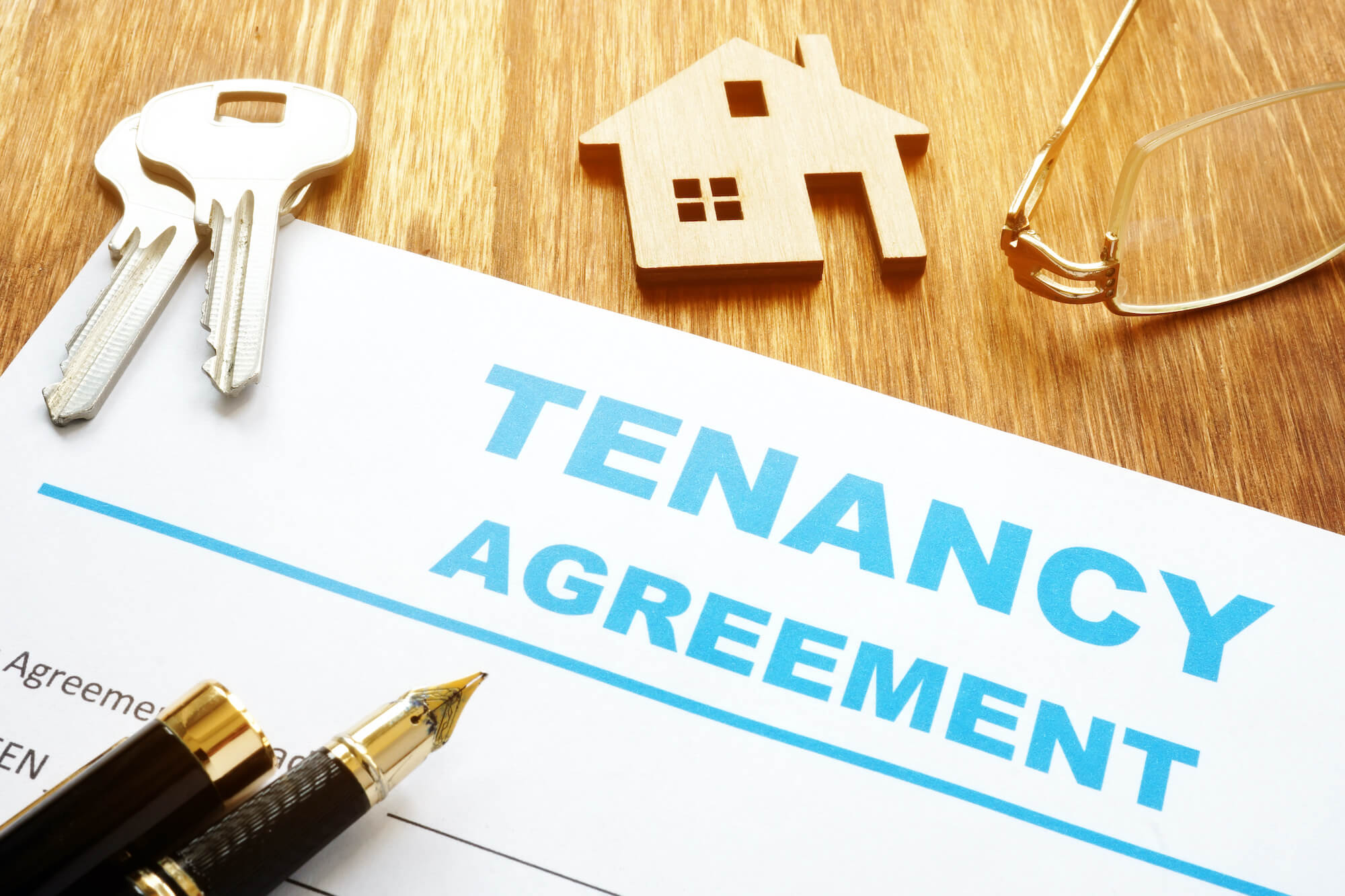Want to know what your property is worth?
Our Branches
Are You Using The Correct Tenancy Agreement?

There are two kinds of tenancy agreements. Do you know which agreement applies to yours? Many landlords aren’t sure of the difference between the various tenancy agreements and how to choose the correct one that works for them. At Concentric, our goal is to help you understand the facts and get you the information you need to be a successful landlord. We've written this blog to help you know which tenancy agreement is best for you.
Let us break down what the two categories of tenancy agreements are and where they can be implemented to work for you appropriately.
There can be serious consequences for you if you attempt to use the wrong legal contract for a tenancy. So it's important you get the right one.
Assured Shorthold Tenancy
The assured shorthold tenancy agreement is one of the most common agreements and was introduced in 1988 when the Housing Act was passed. This contractual agreement is beneficial to both tenants and landlords as it clearly outlines what each party can and cannot do.
For example, tenants can be assured of security of tenure for the fixed term of the contract, providing they do nothing to breach it. On the other hand, landlords are provided with two specific notes: Section 8 and Section 21. These notes can be used to gain possession should the need arise. In order for a property to qualify for an assured shorthold tenancy agreement, there are three specific criteria.
1. The tenant must be an individual.
2. The landlord must not be a resident at the property
3. The property must be the tenant’s home
For the first rule, the tenant must not be a corporation or a trust. This means that if a tenant is a company, they will not qualify for this type of tenancy agreement. The second rule is clear enough; you as a landlord must not live in the property. Finally, the tenant must reside at the
property as their primary home. In other words, an individual purchasing a number of properties for investment purposes would not qualify for this assured shorthold tenancy agreement.
Non-Housing Act Agreement Tenancy
Non-Housing Act Agreements are the other main category of tenancy contracts. This is a general catch-all term for all the contracts that fall outside those three main criterias. These tenancy agreements are an entirely different breed as there is far less legislation to consider. For example, if you have a company that would like to become a tenant, you would need to use a non-housing act agreement.
Now, let’s get into the details of what makes these two different.
The Difference Between Them
There are several variances between these two main agreements that you as a landlord need to know. First of all, non-housing act agreements allow you as a landlord to disregard several key pieces of legislation. For example, the requirement to register deposits is not applicable for non-housing act agreements. For any tenancy agreement like this, did you know that you don’t need to register the deposit?
Also, the tenant fee ban is not applicable, so there is no deposit cap. The laws banning fees are also not applicable, meaning that you can charge your tenant a referencing fee, admin fee, or late payment fees.
As a landlord, you may have times when you are forced to take possession of a property. At these times, it’s important to understand the tenancy agreement you are tied to. There is a completely different process between a housing act agreement and a non-housing act agreement. Basically, in a non-housing act agreement tenancy, the landlord can simply let the tenant know at the end of the fixed term that the tenancy is over. This terminates the tenancy, which then goes into a rolling contract. At this point, the landlord simply gives notice to quit within a minimum period of 4 weeks. As you should be able to see from this, tenancies that fall outside the Housing Act offer landlords many more opportunities and leave them with a bit more flexibility to act.
Be Careful To Use The Right Agreement
It is important to always ensure you are using the correct tenancy agreement. Despite all of the benefits of using non-housing act contracts, you shouldn’t think that you can use those when the criteria for an Assured Shorthold Tenancy is met. As a landlord, you must abide by the Housing Act if it applies to your tenancy. From the perspective of the law, your tenancy will be looked at regardless of the contract you signed as being either an Assured Shorthold Tenancy or not, based on those criteria.
We recommend keeping all these things in mind when selecting your tenants so that you know from the first what kind of agreement you are getting yourself into. Always ensure that you use the correct contract for every scenario. We at Concentric are always looking for ways to provide help and advice to landlords so that they can better manage their properties.
We’ve got tons of content available to assist you with practical step-by-step guidance on legislative updates and the issues that matter for landlords. We even host a quarterly online seminar that you can join!
Reserve your space for our next Legislation Update Webinar for free here.
Related Articles


